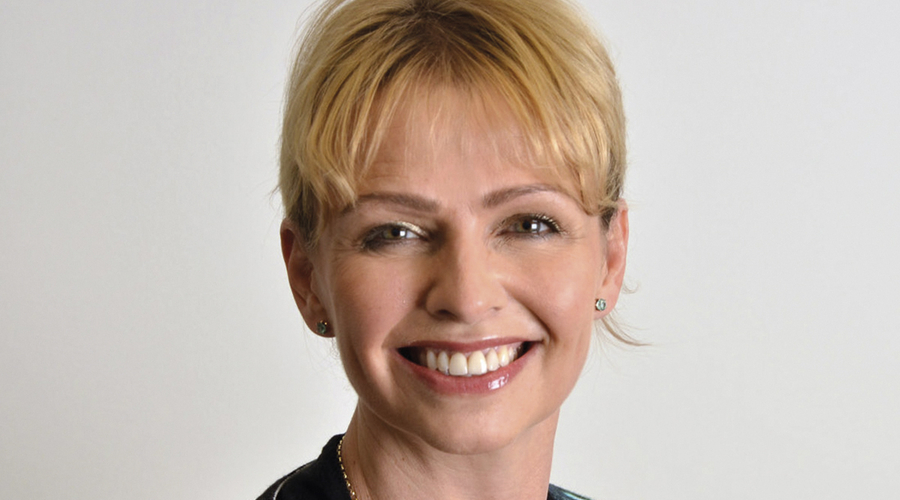Channel 4’s move is only a start. Cat Lewis says Ofcom must do more to strengthen regional production
There is excitement in the air outside London. Channel 4’s new leadership team, Alex Mahon and Ian Katz, have announced the shortlist of 13 cities and city regions for their new HQ and creative hubs.
Three hundred jobs are to be moved from London to three new bases. Decision day is 1 October, when we will learn the locations.
In the interim, a huge amount of work will be done by each of these places to convince Channel 4 that they are the right choice. There’s a real reward at stake for the politicians behind each bid.
"Everyone knows that the firm grip of London-based companies on jobs is one of the biggest barriers to social mobility"
This is because the creative industries generate more jobs than almost any other sector. Designing strong creative clusters outside London was the main recommendation of Sir Peter Bazalgette’s excellent Independent Review of the Creative Industries, published last September.
The BBC’s move to MediaCity in Salford seven years ago has been a huge success. Seven thousand people work here today. That’s more than when the Manchester Ship Canal’s docks were in full swing.
Everyone knows that the firm grip of London-based companies on jobs is one of the biggest barriers to social mobility. It prevents UK plc from becoming a creative meritocracy.
Channel 4’s opening of bases outside London is eagerly anticipated. However, if we seriously expect to see decision makers start to reverse how London-centric TV has become over the past two decades, Ofcom’s definition of “made outside London” needs tightening up.
Many of TV’s most talented writers have signed my recent submission to Ofcom. They include Paul Abbott, Jimmy McGovern, Sally Wainwright, Nicola Shindler, Russell T Davies, David Nicholls and John Thomson. Their careers all began in cities outside London and they want these opportunities to be available for the next generation.
The current regulation allows all senior programme-makers on a show defined as “made outside London” to be from London. It also permits these shows to be edited in London. The two often go hand in hand. Once all the senior production staff are from London, economically, it makes sense for post-production to be done there, too.
Junior people from outside the M25 are employed on shoots in the nations and regions. To ensure that 50% of a production’s staff are from the nations and regions, these people, including editors who live outside the M25, are often employed to work in the capital on the programmes.
They are also usually expected to pay for their own accommodation and travel costs, which adds up to hundreds of pounds a week. Programmes made in this way leave no legacy outside London. And, crucially, they make a mockery of claims by broadcasters that more money is being spent on shows in the nations and regions.
I and many others believe this breaks the spirit of the 2003 Communications Act. That states clearly the need for public service broadcasters to: a) make a percentage of programmes outside London; b) ensure these programmes cover a range of genres; and c) ensure investment in these shows is made in a number of different production centres across the UK.
It’s this third requirement that is broken when programmes made by London-based producers are edited in London. This is why many of us are campaigning to “improve the outof-London quotas”. Copies of TV job adverts that confirm how commonplace this way of meeting the “made outside London” definition are being sent to me, and members of the Facebook group “Improve the out of London quotas”, on an almost daily basis.
Why should individual programmemakers have to financially subsidise this box-ticking? Ofcom is reviewing its criteria. Let’s hope it agrees to tackle this.
To help resolve this situation, I am launching a new national TV trade body, based outside London, called the Indie Club.
Alongside this, TV legend Phil Redmond, creator of Grange Hill and Brookside, has come up with a brilliant idea. He wants the Government to move Ofcom out of London. This would help create more jobs outside the capital and, with luck, encourage the regulator to end the present loopholes in the “made outside London” rules.
Cat Lewis is CEO and executive producer of Nine Lives Media.







